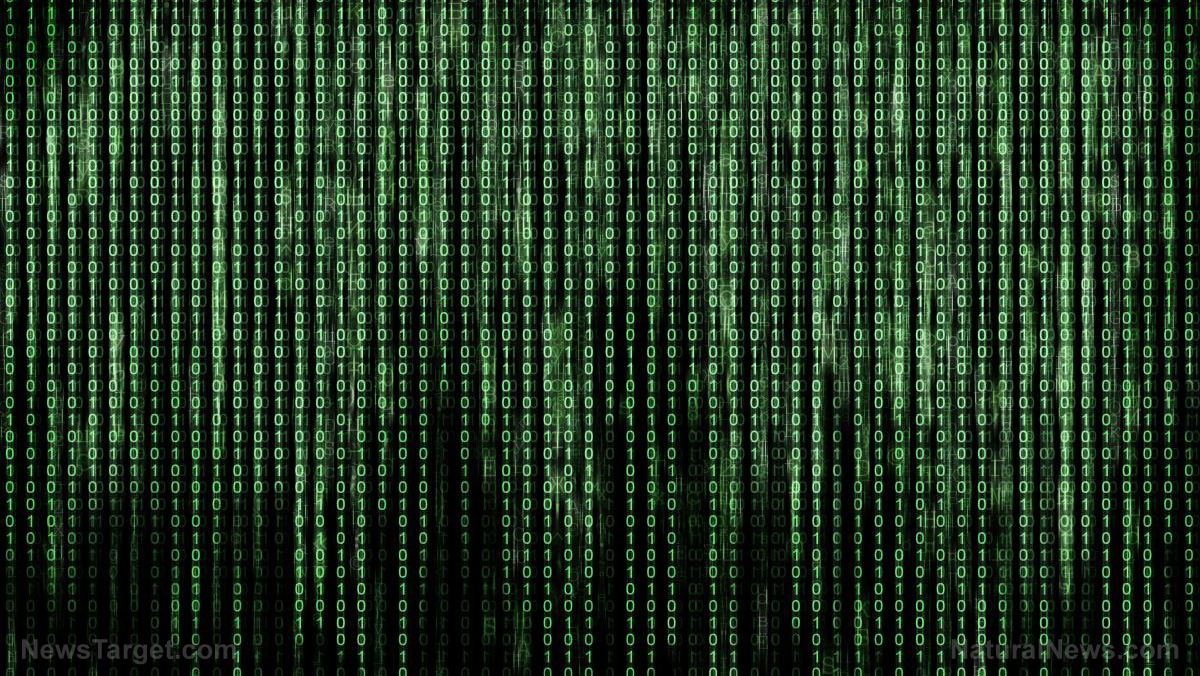
Advertisement
While modern computing power has been growing at an exponential rate, experts say it’ll soon hit a brick wall as it hits the fundamental limit on how many transistors can be packed into a computer chip. As such, many scientists are now looking towards quantum computers as the future of computing. However, a number of challenges still prevent this technology from going mainstream.
One such problem is the difficulty of manufacturing the parts needed for quantum computing, as most require the use of Helium-3 and special superconducting cables. Now, a team at the University of Tsukuba alongside Hrvoje Petek, RK Mellon Chair of Physics and Astronomy at the University of Pittsburgh, has come up with a way to create quantum computing chips using the same silicon used in computer chips today.
Quantum computing from silicon
Currently, quantum processors are created with a device called a “dilution refrigerator” to create temperatures colder than space. Once inside this device, quantum data is then transmitted inside the chips using special superconducting cables that conduct very little heat.
This method does come with some issues. The helium-3 used by dilution refrigerators is rare, and is mostly created as a byproduct of nuclear testing. As for the superconducting cables the only source for them at the moment is a company called Coax Co. based in Japan.
Instead of helium-3 and superconducting cables, the process devised by the team uses naturally abundant silicon instead. To create the chips, the scientists utilized a novel process that shoots ultra-short laser pulses into silicon crystals. These ultra-short pulses created tiny lattice waves that can encode quantum information.
Silicon is already used as the basis for modern computer chips due to its properties as a semiconductor. It’s so ubiquitous that the main center of the computer industry in the U.S. — California’s “Silicon Valley” — gets its name from it.
“The use of existing silicon for quantum computing will make the transition to quantum computers much easier,” stated lead author Dr. Yohei Watanabe. Meanwhile, co-author Dr. Muneaki Hase, who performed the experiments, called the project a “first step towards affordable consumer quantum computers.”
How quantum computing will change the world
So much has been said about the capabilities of quantum computers that, at times, it can be hard to understand its true capabilities. For example, some studies say that quantum computing can be made to predict the future, while others claim that they’ve used it to move subatomic particles into the past.
What is clear is that quantum computing will bring with it a lot of processing power. This will likely have major implications in cryptography — the science of figuring out how to encrypt data to keep it secure, as well as breaking that encryption. Already, a company called D-Wave has announced a system that can theoretically break every form of encryption currently known. At the same time, quantum cryptography can be made to do the opposite and make it nearly impossible to break the encryption on packets of data. This kind of power has made quantum computing of particular interest to government bodies such as the National Security Agency (NSA) and the Central Intelligence Agency (CIA), as well as tech companies like Google.
Projects, such as this one from the team at the University of Tsukuba only help bring large scale quantum computing closer to reality–as well as all the dangers it brings. That said, the upside of this is that it also brings the possibility of being able to put the power of quantum computing in the hands of everyday consumers, giving them access to the tools to protect themselves with it.
Sources include:
Advertisement
Advertisements
















